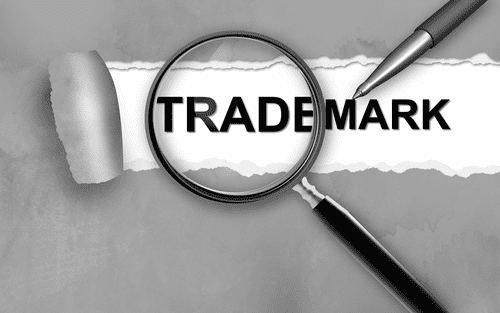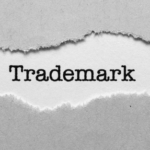Generally speaking, a trademark identifies your business as the source of the goods or services that come from your business. Federal Trademark registration offers a number of protections for the owners of said trademarks. Such protections include but are not limited to, the exclusive rights to use the mark in a specific area of commerce. Protection is certainly a good thing and is a prerequisite in establishing the monetary value of a trademark. So what is the monetary value in having a protected trademark and how do you capitalize on it? Let’s clarify this now.
Goodwill
The value of a trademark stems from the goodwill associated with a business that owns and uses the trademark. Goodwill is its own intangible asset that correlates with the value of the trademark owner’s business. It can be difficult to assign an exact monetary value to goodwill, and therefore a trademark because several variables must be considered. For example, goodwill can include established relationships with clients and vendors, professional skills, and knowledge in the business itself. Goodwill can also include the ideas, business methods, and the way such methods are implemented, as this makes the company’s actions efficient and effective. As the business grows, the customer base, supplier lists, and advertising materials increase the business’s goodwill. Lastly, the business’s reputation, recognition, location, and reach will also add to its goodwill.
As stated before, a trademark ties itself to the business in order to identify it as the source of certain goods and services. As a result, the trademark puts a protected label on the business’s goods and services, the success of which is inherently supported and promoted by the business’s goodwill. Over time and as the business grows, the trademark becomes its own increasingly valuable asset due to this connection.
Selling Your Mark
As the value of a trademark increases with the goodwill of the business, one option for obtaining a realized monetary benefit is to sell the trademark. Yes, trademarks can be bought and sold. “Trademark assignment” is the name of the legal process used to transfer legal rights, title, and interest in a trademark from one party to another party. The selling party (the “assignor”) “assigns” its property rights in the mark to the purchasing party (the “assignee”). An assignment can take a variety of forms. They can be outright, meaning a total transfer of ownership in the rights from one entity to another. There are also partial assignments, meaning a transfer of only a portion of the trademark rights. Partial assignments could be for a portion of the territory covered by the registration, or perhaps for a portion of the goods and/or services covered by the registration.
Licensing
Another way to gain realized monetary benefits from your trademark without having to sell the trademark is to license it. In essence, a license is the granting of permission for another party to use the trademark in commerce, while you or your business retains ownership of the trademark. Licenses are quite malleable. A license agreement may facilitate the time length of the license, the geography or jurisdictions covered by the license, whether the license covers all or just some of the goods or services protected, whether the license is transferable or not, and perhaps most importantly, any royalty (money) that must be paid to the trademark owner in exchange for its use. For example, the Subway Corporation will often allow individuals to open a franchise location of their own. Said individual will own that location, but will also receive a license from and pay a royalty to the Subway Corporation to use their trademark, recipes, etc. Subway Corporation earns money from those royalties while maintaining complete ownership of their trademarks.
Conclusion
If you have questions regarding this topic, then seek the advice of an intellectual property law attorney. Contact the SW&L business and intellectual property team at 701-297-2890 or email us at: info@swlattorneys.com.
The information contained in this article and on this website is for informational purposes only. Do not rely on the information on this website as legal advice.










